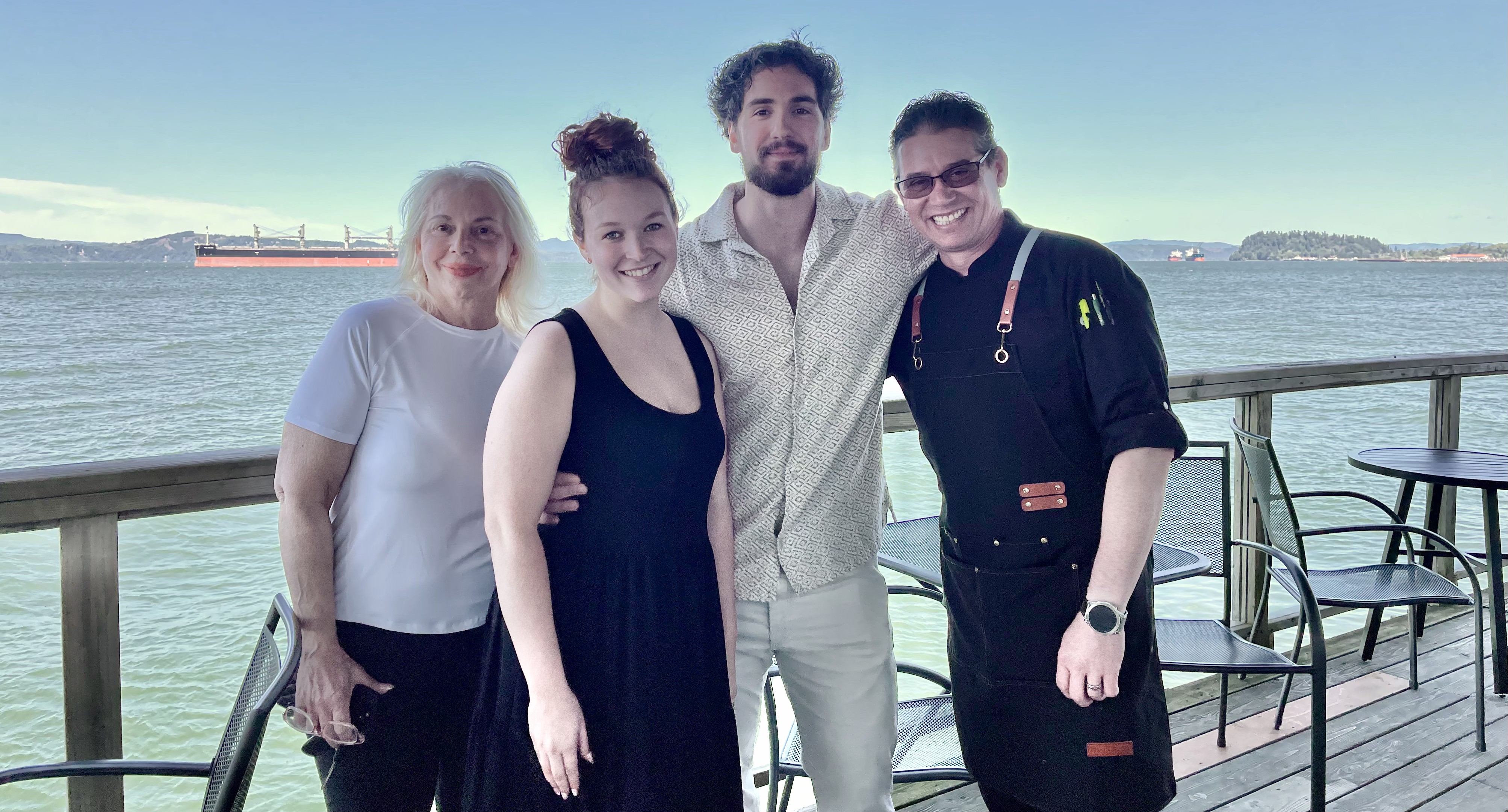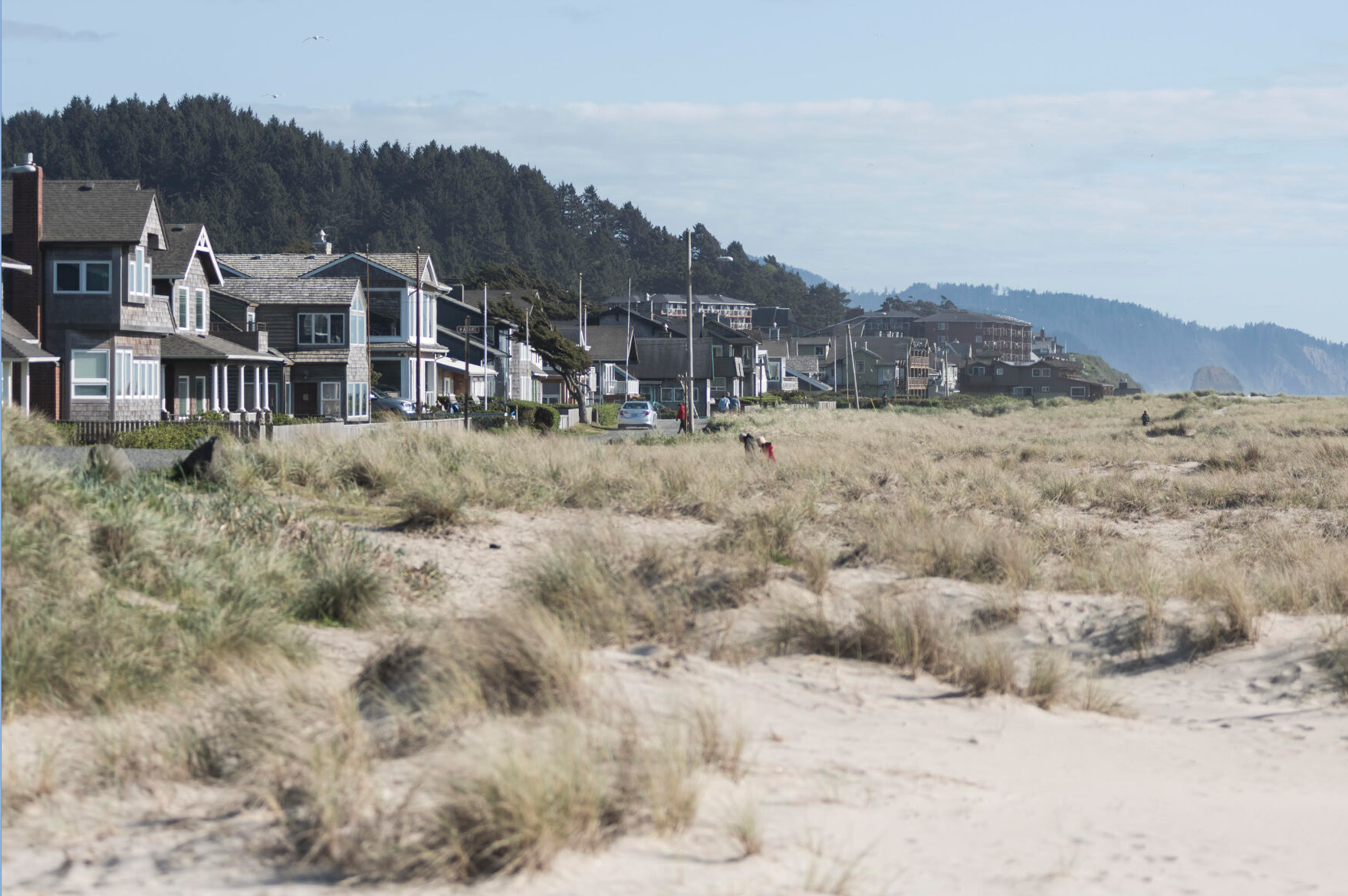From the editor’s desk
Published 8:00 am Saturday, July 13, 2024

- The Astoria Police Department’s new taser, in yellow, is shown next to the old taser.
Thank you for your interest in reading The Astorian. Here are a few stories that you might have missed this week:
Trending
•••
Officers at the Astoria Police Department are the first in Clatsop County to use the newest model of tasers, which have been updated to maximize accuracy and deescalate conflict.
Taser 10, launched last year by Axon, a company based in Scottsdale, Arizona, has an increased distance of up to 45 feet. Axon has marketed the new taser as part of a goal to reduce gun-related deaths between police and the public.
Trending
“The more distance we have between the officers and the suspects, the better and safer it is,” said Astoria Police Chief Stacy Kelly, who used to work for Axon. “You know, you have that reactionary gap. If somebody has a knife, you can stay 40 feet back and talk to them, and you have more time to react if they come at you.”
See the story by Jasmine Lewin by clicking here.
•••
Cannon Beach is moving forward with an acquisition of over 13 acres of forest in an effort to preserve Haystack Hill State Park and surrounding land as a natural area.
The park was initially donated to the state in 1969 by John Yeon, a Portland architect and preservationist who hoped to protect the hillside and its abundance of vegetation for ecological conservation.
Now, the 9 acres that make up the park are being transferred to the city for maintenance and ownership, subject to Yeon’s deed restrictions requiring minimal development and the protection of native plants.
Matt Rippee, the deputy of field services for Oregon State Parks, said the combination of deed restrictions and maintenance requirements led the state to look to the city for stewardship.
“It’s a property that probably has tighter deed restrictions than a lot of Oregon State Parks,” he said. “And because of that, we as an agency felt like this might be a better parcel for the city of Cannon Beach to manage and own if they were interested, just because, again, there’s not much we can do there.
“And because the North Coast is so busy, and the capacity of staff it takes to maintain this property, they just don’t really have that kind of time, with Ecola and Oswald West and all those other properties around there.”
Read the story by Jasmine Lewin by clicking here.
•••
Graydon Hallock, a dairy farmer in Tillamook, recalls drinking raw milk as a kid.
“Growing up, I mean, farmers are naturally pathogen resistant from being around (animals) a whole lot. But a lot of people don’t have any pathogen resistance. So hopefully whenever we do things with raw milk, that helps folks with asthma, eczema, other things like that — boost your immune system,” he said.
Hallock, of Heritage Family Farms, has formed partnerships in Oregon to offer raw milk to consumers. The farm has more than a dozen drop sites, including in Seaside and Warrenton. Hallock is in process of setting up a drop site in Astoria.
The U.S. Food and Drug Administration cautions that raw milk can pose serious health risks. The pasteurization process for milk is used to kill potentially harmful germs. “Pasteurization is a proven process with a 100-year history of protecting public health and is highly effective at eliminating the dangers associated with consuming raw milk,” the FDA advises.
The federal Centers for Disease Control and Prevention says raw milk can expose people to campylobacter, cryptosporidium, E. coli, listeria, brucella and salmonella. The CDC says children under 5, adults over 65, pregnant people and people with weakened immune systems are at a higher risk of serious illness.
The Raw Milk Institute and farmers like Hallock believe in the nutritional benefits of raw milk.
Take a look at the report by Julia Eastham by clicking here.
•••
We invite you to help sustain local journalism on the North Coast. Please consider subscribing. We have several options available at: www.dailyastorian.com/subscribe-now/
— Derrick DePledge









